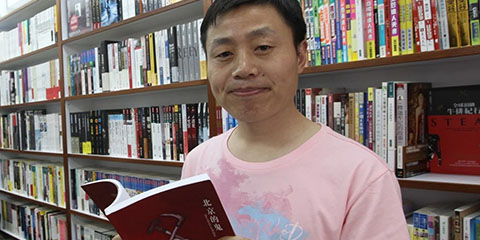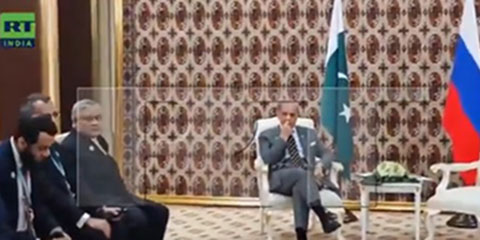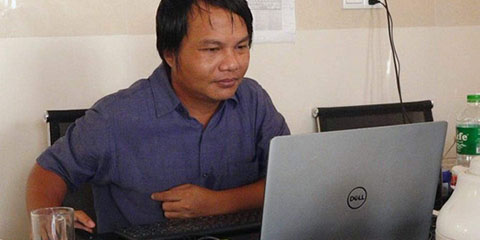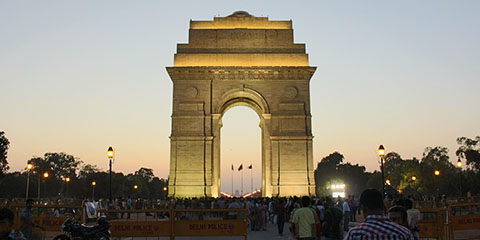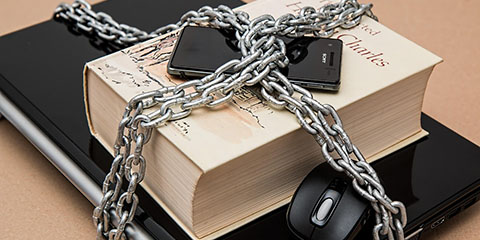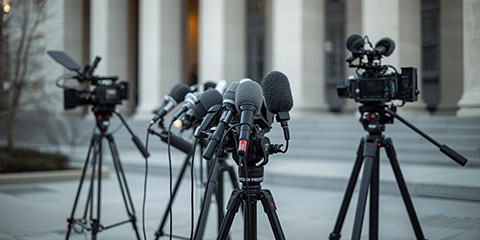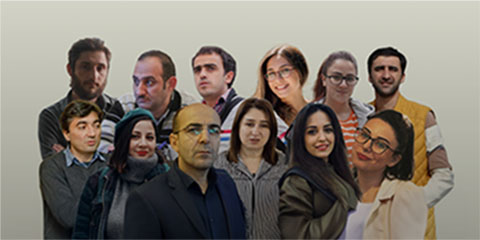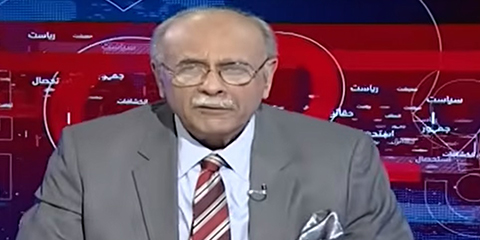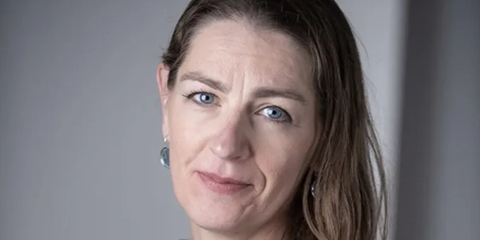Press freedom groups unite over Cambodia-Thailand border clash coverage
JournalismPakistan.com | Published 4 months ago | From information provided by IFJ
Join our WhatsApp channel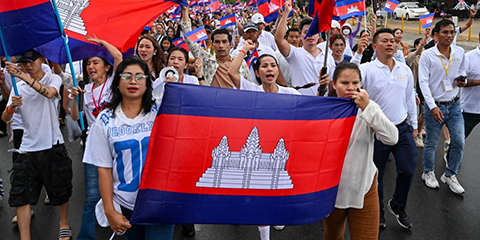
Regional media unions and civil society organizations have called on Cambodian and Thai authorities to guarantee journalists' safety and ensure access to accurate information following the recent deadly border clash between the two Southeast Asian nations. The International Federation of Journalists (IFJ) and its affiliate organizations also urged media outlets to maintain balanced reporting standards and provide proper safety equipment to journalists covering the conflict.
The demands came in response to a five-day border conflict from July 23-28 that claimed at least 43 lives before a Malaysian-brokered ceasefire was established. The fighting was accompanied by widespread misinformation campaigns that complicated public understanding of the crisis.
In a joint statement coordinated by CamboJA and released on August 1, the IFJ joined 15 other organizations in demanding press freedom protections. The coalition included international press freedom advocates, local civil society groups, and IFJ affiliates CamboJA, the National Union of Journalists of the Philippines (NUJP), and Aliansi Jurnalis Independen (AJI).
The organizations specifically called for freedom of movement for journalists reporting in conflict zones, adequate protective equipment, and timely, transparent access to information for frontline reporters.
"We strongly emphasize that journalists are never targets, including in armed conflict. Their safety and independence must be respected and protected at all times, with this duty heightened in conflict or sensitive reporting environments," the statement declared. The signatories also insisted that all international, regional, and local media agencies strictly follow globally recognized ethical codes.
Information Warfare Concerns
The joint statement addressed the explosion of misinformation that surrounded the conflict. Both countries have accused each other of waging information warfare, with Acting Thai Prime Minister Phumtham Wechayachai urging citizens to rely only on official channels. Meanwhile, Cambodia's defense ministry claimed that Bangkok blocked Thai news websites and military portals within Cambodian territory.
Social media feeds in both Khmer and Thai languages circulated recycled battlefield footage and fabricated images, including some appropriated from the Ukraine conflict. One notable example involved a miscaptioned photograph of a firefighting aircraft dropping fire retardant over a California wildfire, which was falsely presented as evidence of Thailand using chemical weapons.
"We have observed that coverage of the five-day border dispute has too often reflected one-sided narratives, which contribute to public confusion and misinformation," the statement noted. "Even after a ceasefire was reached between the two countries, framing and reporting that favors either one side or the other has persisted and risks fueling misunderstanding and hatred."
Call for Responsible Journalism
CamboJA emphasized the crucial role of media during times of crisis: "In times of tension and uncertainty, responsible journalism plays a key role in driving public awareness and promoting peace."
The IFJ highlighted the broader implications for press integrity: "As journalistic integrity comes under strain, journalists must stand together for ethical reporting and the safety of journalists, including freelancers."
The conflict and its aftermath underscore ongoing challenges facing journalists working in Southeast Asia's complex political landscape, where press freedom advocates continue to push for stronger protections and professional standards.
This report is based on a press release from the International Federation of Journalists (IFJ) and associated organizations.
Photo caption: People wave Cambodian flags as they take part in a Peace March in Phnom Penh after Cambodia and Thailand agreed to a ceasefire on July 28 following a five-day border conflict. Credit: Tang Chhin Sothy / AFP



